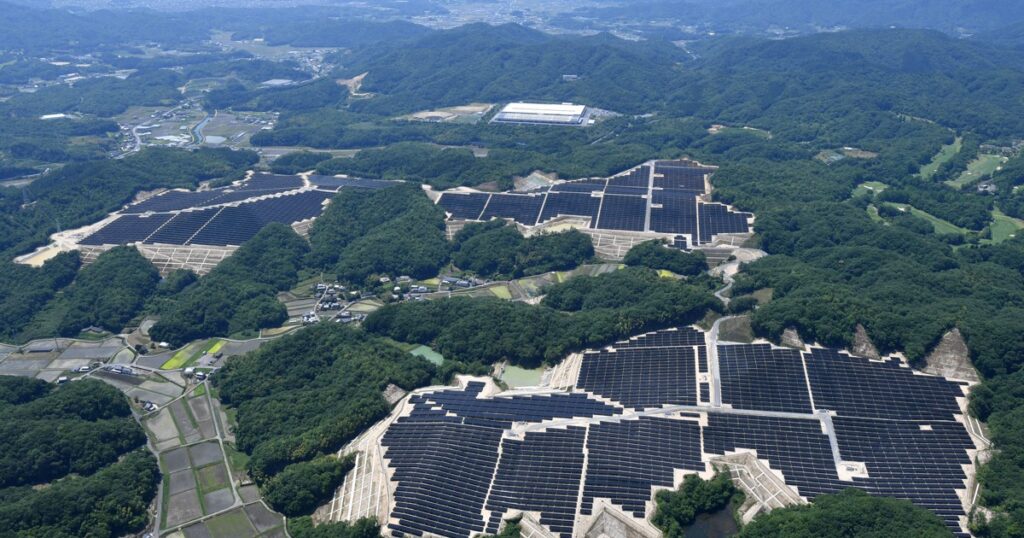RIO DE JANEIRO, BRAZIL – Fazsol has signed a contract with Órigo Energia to build 17 solar power plants with a capacity of 33.4 megawatts (MW), using the decentralized energy generation model in which the consumer chooses the supplier.
The investment in the project amounts to approximately R$150 (US$31.6) million and is part of Fazsol’s growth strategy in Brazil. Fazsol is the result of a partnership between Japanese company Shizen Energy and Espaço Y, a Brazilian holding company in the civil engineering sector.
Through the joint venture, Shizen intends to help Japanese companies in Brazil decarbonize the energy market.

In the case of the partnership with Órigo, Fazsol will be responsible for developing the solar farms, while Órigo will be the bridge to end-users.
The plants will be built in the Federal District, Minas Gerais, and Ceará and will be able to meet the energy needs of 130,000 households for one year.
The plants are expected to be commissioned in November. According to Bruno Suzart, Shizen Energy’s manager in Brazil, the contract will allow Fazsol to quadruple the volume of energy already developed in Brazil and triple the size of its team.
“This will serve as a catapult for us to work with new customers,” he says.
Fazsol currently has 25 renewable energy projects in operation in Brazil with a capacity of 8.6 MW. The company intends to invest R$1 billion by 2024. This year, 200 MW of solar plants are expected to be operational in the country.
Shizen arrived in Brazil in 2018. The company was founded in 2011 by three Japanese renewable energy entrepreneurs out of discussions that arose in the country with the shutdown of nuclear power plants due to the Fukushima accident.
The company operates in four other countries through partnerships, and in the case of Brazil, it has chosen Fazsol.
In recent months, the Japanese government has commissioned the company to conduct studies on the potential of renewable energy generation in Brazil. “With Fazsol in Brazil, we want to repeat Shizen’s successful experience with Japanese companies in other countries.
We can serve these companies in their language, and negotiations can occur in the format they are used to,” Suzart explains.
According to Suzart, the fact that Órigo also owns capital of Japanese origin helped in negotiating the agreement. “There is a cultural connection between the companies; some of the presentations took place in Japan itself,” he says.
Japanese conglomerate Mitsui & Co holds about 17% of Órigo’s capital. The rest of the company’s capital is split between investment funds TPG and MOV Investments and floated on the Brazilian stock exchange.
The company operates a business in the solar energy subscription model, where the customer receives a credit on the electricity bill for the energy generated in the solar plants.
The systems built by Fazsol will serve these Órigo customers. “The agreement will strengthen the company’s mission: to democratize access to clean energy in Brazil,” says Rodolfo Molinari, Image Director of Órigo.
With this agreement, Fazsol intends to enter other markets that were not yet present in Brazil. Until then, the company had focused on developing distributed generation plants.
“This structuring project allows us to consider expansion,” says Fazsol director Nélio Pereira.
The company is looking into entering the free market. “We can contribute to the very companies already operating in the free market becoming self-generators, which will lead to additional cost efficiency,” Pereira says.

